Employers seek future employees that have professional skills such as communication and critical thinking. Metro Nashville Public Schools have made steps into ensuring students are ready.
21st century. Interpersonal. Professional.
We use different labels for the same skill set developed through social and emotional learning (SEL). SEL is the process by which children and adults build the skills necessary to function in school, work, and life.
These include managing emotions, creating positive relationships, and setting goals. There is growing consensus across industry sectors that this skill set is critical not just in the classroom, but in the workplace as well. To better identify strategies for addressing a well-documented skills gap, we need a common language that clearly articulates and merges the parallel conversations happening within education and workforce.
It is a job seekers world. Competition for talent is challenging across most industries. The talent shortage does not simply refer to gaps in technical acumen. Employers and business leaders all over the country are emphasizing the need for the skills gained through SEL.
LinkedIn CEO Jeff Weiner discussed the gap in what he called interpersonal skills, including communication, teamwork, and critical thinking. LinkedIn data showed the skill gap for interpersonal skills at three times the size of that for software engineering. Even policy think tanks like the American Enterprise Institute are making the argument that “non-cognitive skills” – listening, problem-solving, dependability— improve workforce outcomes.

There needs to be a common language
In Metro Nashville Public Schools, the SEL department uses the five core competencies – self-awareness, self-management, social awareness, responsible decision-making, and relationships skills — defined by the Collaborative for Academic, Social, and Emotional Learning (CASEL) as its framework.
David Ross, the former CEO of the Partnership for 21st Century Learning (P21), recently mapped these five competencies to the P21 framework to clearly link what is often seen as separate conversations. Under CASEL’s framework, self-management is the ability to regulate one’s thoughts, emotions and behaviors in different settings, with skills like stress management, self-motivation, and goal-setting.
Ross shows how these map neatly onto the P21-identified skills, including self-direction and personal productivity. The language is different. The skills are the same.

Employers are emphasizing the need of interpersonal skills
The 2018 Education Report Card committee, made up of business and community leaders convened by the Nashville Area Chamber of Commerce, selected social and emotional learning as its special topic. Over the course of the process, the committee heard from school and district leaders about the challenges facing Metro Schools students and families.
The group also learned about the nationally-recognized work being done by the district to help all students develop critical skills that set the foundation for academic learning, leading to more conversations about what the role of business should be in this space. Since the release of the Report Card, social and emotional learning has become a regular topic of discussion and interest for the Chamber and other stakeholders.
One area in which the business community can be more deeply engaged with SEL is in the Academies of Nashville. Business partners currently working with our high school students recognize the connection between SEL and employ-ability. The Student Employment Pathways survey administered by the Chamber asked Academies partners what skills are needed for entry-level positions in their organizations.
While responses certainly included things like a high school diploma, industry certifications, and computer skills, business partners overwhelmingly indicated that communication, problem solving, collaboration, and work ethic were all skills that their employees needed.
The workforce and education conversations around SEL need to be happening in tandem. The responsibility for student mastery of these skills cannot fall solely on the school district.
Employers have an imperative to help students develop the skills they are looking for in their talent. As a part of the Nashville community, we need to ensure that our children have the 21st century skills that will set them up for success in school, work, and life.
ABOUT EDUCATION AT THE NASHVILLE CHAMBER
Recognizing that today’s students are tomorrow’s workforce, we work closely with Metropolitan Nashville Public Schools and several school systems throughout the region to advocate for policies and initiatives geared toward helping students prepare for post-secondary education and an eventual career.



